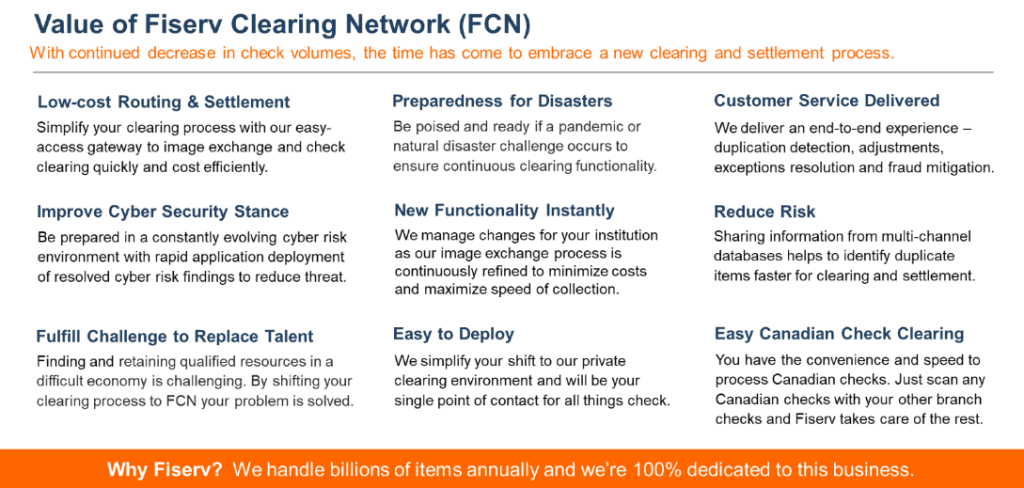Understanding FHA Loan Requirements 2020: Your Comprehensive Guide to Home Financing
#### FHA Loan Requirements 2020The Federal Housing Administration (FHA) loan program has been a popular option for homebuyers, particularly first-time buyer……
#### FHA Loan Requirements 2020
The Federal Housing Administration (FHA) loan program has been a popular option for homebuyers, particularly first-time buyers, due to its flexible lending standards and lower down payment requirements. In 2020, the FHA loan requirements were designed to make homeownership accessible to a broader range of individuals, especially those with less-than-perfect credit. This guide will delve into the specifics of the FHA loan requirements 2020, providing you with the essential information to navigate the home buying process successfully.
#### What is an FHA Loan?
An FHA loan is a government-backed mortgage designed to help low to moderate-income borrowers qualify for a home loan. The FHA insures these loans, which reduces the risk for lenders and allows them to offer more favorable terms. This includes lower down payments, lower closing costs, and more lenient credit score requirements compared to conventional loans.
#### FHA Loan Requirements 2020 Overview
In 2020, several key requirements were established for FHA loans:

1. **Credit Score**: Borrowers typically need a minimum credit score of 580 to qualify for the 3.5% down payment option. If your credit score is between 500 and 579, you may still qualify, but you will be required to put down at least 10%.
2. **Down Payment**: One of the most attractive features of FHA loans is the low down payment requirement. As mentioned, borrowers with a credit score of 580 or higher can make a down payment as low as 3.5%. Those with lower credit scores may need to make a larger down payment.
3. **Debt-to-Income Ratio**: The FHA generally allows a debt-to-income (DTI) ratio of up to 43%, although some lenders may allow a higher DTI ratio in certain circumstances. This ratio is calculated by dividing your total monthly debt payments by your gross monthly income.
4. **Employment History**: Lenders typically look for a stable employment history of at least two years in the same field. This helps demonstrate your ability to repay the loan.
5. **Property Requirements**: The property you are purchasing must meet certain safety and livability standards set by the FHA. An FHA-approved appraiser will evaluate the property to ensure it meets these standards.

6. **Mortgage Insurance Premium (MIP)**: FHA loans require borrowers to pay an upfront mortgage insurance premium (UFMIP) as well as an annual mortgage insurance premium (MIP) that is divided into monthly payments. This insurance protects the lender in case of default.
#### Benefits of FHA Loans
FHA loans offer numerous benefits that make them appealing to many homebuyers:
- **Lower Down Payments**: The ability to secure a loan with as little as 3.5% down makes homeownership attainable for many who might struggle to save for a larger down payment.
- **Flexible Credit Requirements**: FHA loans are particularly beneficial for those with less-than-perfect credit, allowing more individuals to qualify for a mortgage.

- **Higher DTI Ratios**: The ability to have a higher DTI ratio means that borrowers can potentially afford a larger loan, making it easier to buy a home that meets their needs.
#### Conclusion
Understanding the FHA loan requirements 2020 is crucial for anyone considering purchasing a home. With its flexible terms and lower barriers to entry, the FHA loan program remains an excellent option for many aspiring homeowners. Whether you are a first-time buyer or looking to refinance, knowing these requirements can help you make informed decisions and take the next steps toward achieving your homeownership goals. Always consult with a qualified mortgage lender to explore your options and ensure that you fully understand the terms and conditions associated with FHA loans.